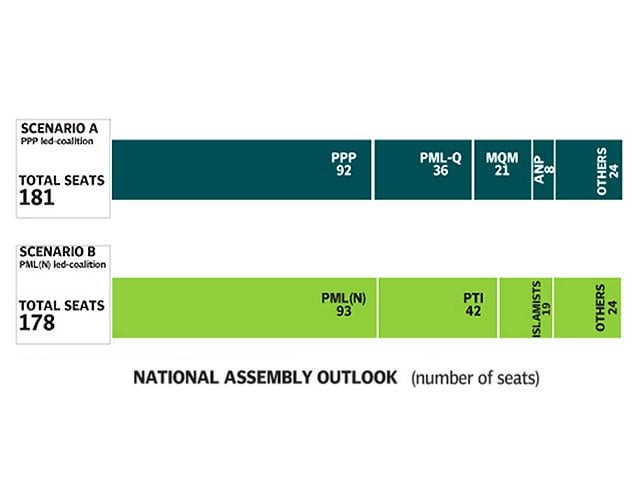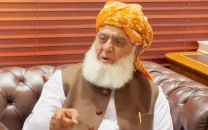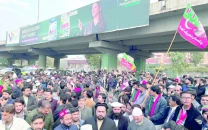Elections and after: Expectations and fears of investors
Investors wait to see what course the economy will take after polls.

Investors wait to see what course the economy will take after polls.
With just few weeks left in the tenure of present assemblies, everybody is looking forward to the formation of a new government. Since politics and economy are interwoven, investors are also keenly following economic agendas of different political parties to assess what course the economy will take in the near future.


While most political and business analysts are convinced that the country will have a coalition government this time too, there is still a lot of interest among investors who are waiting to see which political party leads the coalition.
Whichever government comes, business analysts say the investors will be more concerned with how it deals with the challenges of law and order, energy shortage and corruption. They say though nothing much will change in the first six months as far as economy is concerned, at least investors will get an idea of the government’s direction.
Which party enjoys more investor confidence?
“Investors have no concern which political party comes and which goes, what they want is a consistent economic policy,” said Faisal A Rajabali, Nominee Director of Ali Hussain Rajabali Limited, a brokerage firm at the Karachi Stock Exchange (KSE).
A significant increase in share prices on the KSE over the last one year shows that investors have accepted the fact that they have to live and deal with coalition governments. As Pakistan Peoples Party (PPP) or Pakistan Muslim League-Nawaz (PML-N) will most probably form the coalition government with their partners, people are now more focused on policies instead of any specific party name, he added.
“PPP and PML-N are big parties and we cannot compare them with Pakistan Tehreek-e-Insaaf (PTI), a smaller party that may or may not get a significant number of seats in the National Assembly,” commented an analyst of a brokerage house in Karachi, but did not want to be named.
Even though PTI’s economic team has presented its economic agenda forcefully, it will not be in a position to impact policymaking in Islamabad because of its small size, the analyst believed.
“I do not think anything significant will happen after the general election,” Atif Zafar, analyst at JS Global Capital Limited, another brokerage firm, said. “Whichever political party comes to power, it will have to take tough decisions on tackling energy crisis, law and order and corruption.”
It will also have to decide whether Pakistan should knock the doors of IMF again. This is an immediate issue, rest of the economic matters are secondary, he added.
What trade bodies and corporate sector are thinking
“We are not supporting any specific party. What we want from leading parties is to seriously look into our research work and talk in concrete terms,” said Kamran Y Mirza, Chief Executive of the Pakistan Business Council (PBC), a think tank of 42 leading national and international corporate giants.
PBC has been active in negotiations with top political parties in order to develop and implement a single economic agenda that is not disturbed with the change of government.
“We are in constant touch with all leading political parties and discussing their economic agenda,” Mirza said.
“We as a trade body do not directly interfere in politics. Many of our members have affiliations with political parties, but it does not mean that the leadership of FPCCI meddles in political affairs,” Haji Fazal Kadir Sherani, President of the Federation of Pakistan Chambers of Commerce and Industry (FPCCI) said while sharing the Federation’s views on the election.
Karachi Chamber of Commerce and Industry (KCCI) President Muhammad Haroon Agar made it clear that KCCI as a trade body does not want to play a direct role in election.
“We have invited all political parties to the chamber to review their economic agenda. Some of them like PTI and MQM did come, but most have not showed up. This is enough from our side and we do not want to go any further,” he added.
Published in The Express Tribune, February 18th, 2013.
Like Business on Facebook to stay informed and join in the conversation.



















COMMENTS
Comments are moderated and generally will be posted if they are on-topic and not abusive.
For more information, please see our Comments FAQ